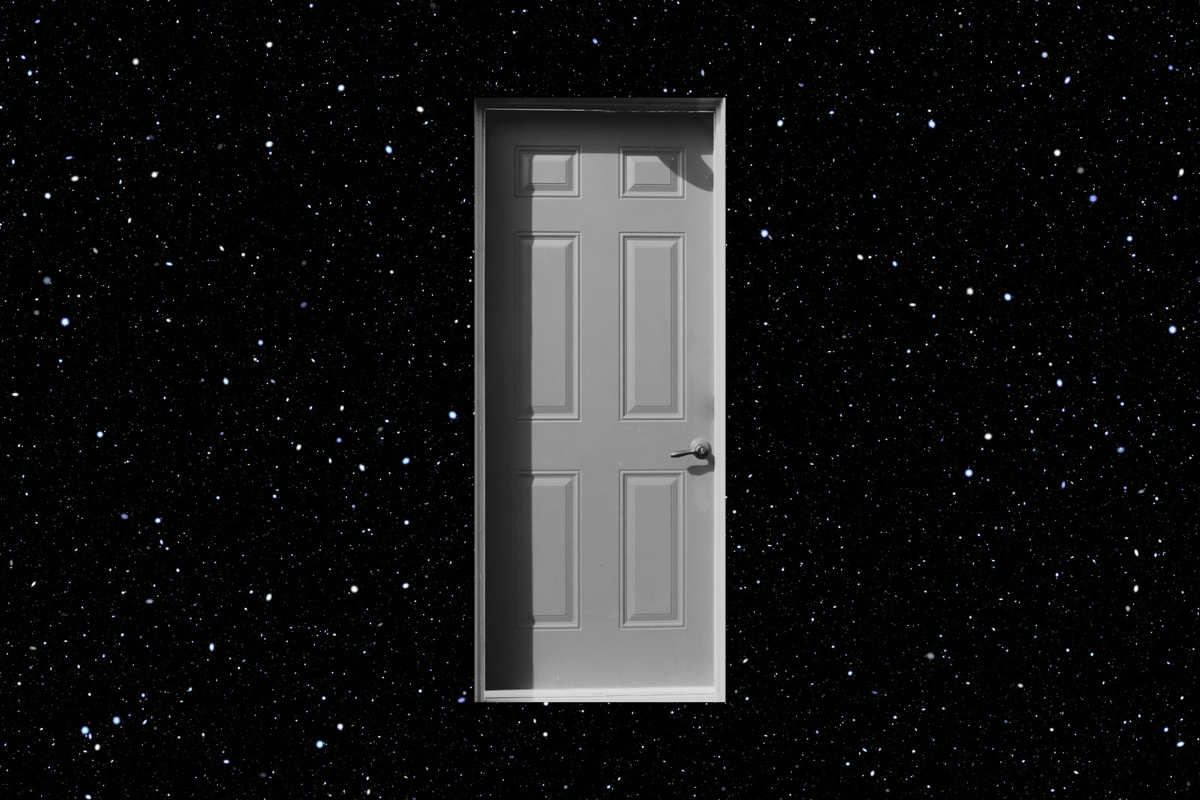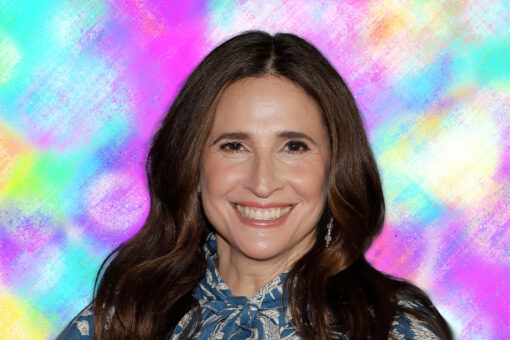Immediately after my older brother passed away, I spent the better part of 72 hours rotting in bed, obsessively watching and rewatching the final episode of Netflix’s 2018 adaptation of “The Haunting of Hill House,” in which onscreen siblings Victoria Pedretti and Oliver Jackson-Cohen part ways for the final time.
“I don’t know how to do this without you,” he says to her.
“I learned a secret,” she replies. “There is no without. I am not gone.”
That interaction is the start of a powerful monologue for Pedretti’s character, but it’s Jackson-Cohen’s line that continues to haunt me. I can’t seem to shake the surrealism of how similar it is to what one of my sisters said to me on the night we lost our brother: “I don’t know how to do this. There’s one less of us now.” It was an almost identical moment, except for the fact that his ghost didn’t materialize in front of us, proceed to address all of our grief-related concerns in a beautifully delivered speech and then disappear into a well-defined hereafter. He didn’t fill any gaps in our understanding of the universe — he just died.
In real life, there are no definitive answers. I could wait forever for a downpour of clarity to fall onto me, and the outcome of this loss will still be the same: I’ll always be left with questions that nobody, not even the rabbis, can answer.
The ambiguity of the afterlife in Judaism was something that I had previously appreciated with an ironic certainty. It was good, and only good, that we can’t really piece together what exactly follows death. I was content with only knowing the outline of life after death, thinking that the presence of any confirmed details might inspire feelings of existential dread that I was not prepared to address. Now that I find myself facing the aftermath of an “out-of-order” death, my feelings have evolved beyond a staunch love toward uncertainty and into something far more complicated. These days, I’m frustrated with the open-endedness of the Jewish afterlife. I often find myself longing for just a glimpse through the window to whatever happens next, wondering if having just a little more clarity about the whereabouts of my brother would lessen the pain of losing him.
When I express this side of my grief, it can generate some really uncomfortable emotions in others — Jewish and non-Jewish alike. In an effort to console me, well-meaning people will sometimes tell me that it isn’t very productive to constantly yearn for answers. They’ll spoon-feed me platitudes and remind me that I should focus on the good times of his life, not dwell on his death. They tell me these things, not understanding how his death completely destabilized my reality. I’ve never known a life without my brother. It’s hard to conceptualize one without him. It’s as if he walked through a doorway and took the entire room with him. I’ve been left to marvel at the missing furniture, unsure if it was ever there at all.
Of course, I want my constant yearning to be productive. I want to piece together what happens after death. I want my “Hill House” moment. I want my brother to visit me one last time, assure me that he loves me, and explain — in excruciating detail — everything that has happened to his soul since the very second that he died. I want the comfort of that knowledge and the security it would offer. More than anything, I want to know if I will ever be able to find him again.
I could go on stating my increasingly frantic wishes — the list is truly endless. However, as long as I’m still living, I’ll never get those wants attended to. We’re not an afterlife-centric people, and that didn’t bother me until I had to reckon with an unexpected death. Jewish wisdom fails to illustrate the world to come in a way that I find accessible, and I’m still trying to reacquaint myself with that fact. In the first few weeks after my brother died, I saw each passing day as another chance to attempt to claw my way back to my previous fondness of the uncertain afterlife. Every day I would try to restore my pre-loss beliefs, and every day, like clockwork, I would fail.
Atypical, untimely loss changes everything — that transformation is inescapable. I couldn’t grasp that at first. Jewish teachings explain that the dead live on in us, but I think that parts of the living inevitably die with the dead, too. I’m not the same person that I was before my brother passed away, and I will never be her again. I can’t be. It was unreasonable for me to expect that I could ever hold the same beliefs as a version of me that ceases to exist.
I can’t say that this new me still enjoys the huge, imposing question mark that Judaism places on the matter of life after death, but I’m learning to find a different kind of comfort in the absence of any absolutes. I’m aware that it’s unproductive to move through grief so cyclically, to start each day with an influx of questions and end each night without any answers — but that doesn’t render it pointless. There is a catharsis to be found in simply vocalizing this pain, even if it’s not going to yield anything. Asking these questions still feels good, and that should count for something.
In fact, it should count for a lot. In my constant questioning, I came to the realization that I actually did get one answer — one that may even liken me to Oliver Jackson-Cohen’s character in “Hill House.” The last words that my brother ever spoke to me were, “I love you. I’ll be fine.” And like the imprecise picture of the world to come, he didn’t tell me where exactly he was headed. But I believe him. Wherever he is, he’s fine.



